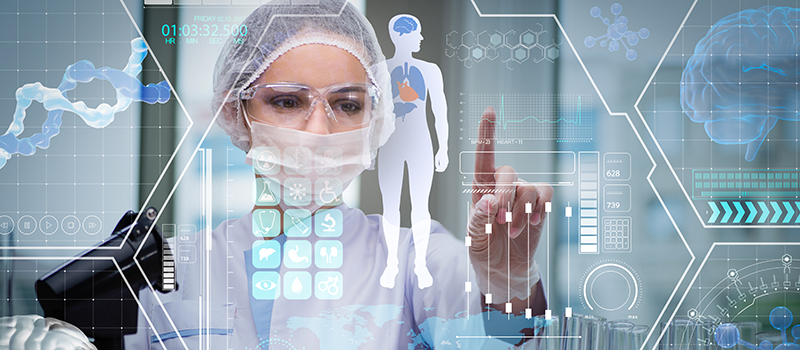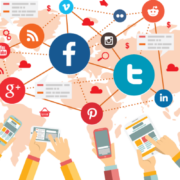
In today’s rapidly evolving world, technology is transforming every aspect of our lives, and healthcare is no exception. One of the most promising advancements in the medical field is the integration of Artificial Intelligence (AI). With its potential to revolutionize clinical decision-making and enhance diagnostic accuracy, AI is reshaping the way we approach patient care.
Clinical Decision Making
Clinical decision-making lies at the heart of healthcare delivery, where timely and informed decisions can make all the difference in patient outcomes. AI algorithms are increasingly being utilized to analyze vast amounts of patient data, medical literature, and real-time information to provide clinicians with evidence-based recommendations. This not only assists healthcare professionals in making more informed decisions but also streamlines the decision-making process, ultimately improving patient care.
Personalized Medicine
AI enables the development of personalized treatment plans tailored to individual patient characteristics, such as genetics, medical history, and lifestyle factors. By analyzing patient data and predicting treatment responses, AI helps healthcare providers deliver targeted therapies that are more likely to be effective and minimize adverse effects. This personalized approach to medicine maximizes treatment efficacy and improves patient satisfaction.
Improving Healthcare Operations and Efficiency
AI streamlines administrative tasks, such as scheduling appointments, managing electronic health records, and billing processes, thereby improving the efficiency of healthcare operations. Additionally, AI-powered predictive analytics help healthcare organizations anticipate patient needs, optimize resource allocation, and prevent potential complications. By automating routine tasks and optimizing workflows, AI frees up healthcare professionals to focus on delivering high-quality patient care.
Diagnostic Accuracy
Accurate and timely diagnosis is crucial for effective treatment and management of diseases. Here, AI is proving to be a game-changer. By analyzing medical imaging data such as X-rays, MRIs, and CT scans, AI algorithms can detect subtle abnormalities and patterns that may not be readily apparent to the human eye. This not only enhances diagnostic accuracy but also facilitates early detection of diseases, leading to better patient outcomes.
Medical Education
As the role of AI in medicine continues to expand, medical professionals must stay abreast of these advancements. Institutions are increasingly incorporating AI-related coursework into their medical curricula to equip future physicians with the necessary knowledge and skills. Moreover, resources such as Medicine video lectures and online courses provide accessible avenues for medical students, whether pursuing an MD in Medicine or a PG in Medicine degree, to learn about the intersection of AI and healthcare.
Challenges and Opportunities
While the potential of AI in medicine is vast, it is not without its challenges. Concerns surrounding data privacy, algorithm bias, and the need for rigorous validation are paramount. Moreover, there is a risk of overreliance on AI systems, potentially diminishing the role of clinical judgment and human intuition in patient care. However, by addressing these challenges proactively, we can harness the full potential of AI to improve healthcare delivery and patient outcomes.
Navigating the Hype in AI as a Supportive Tool in Medicine
While the potential of Artificial Intelligence (AI) in medicine is undoubtedly transformative, it’s essential to address the hype surrounding its implementation. One aspect of this hype revolves around the perception of AI as a replacement for human doctors rather than a supportive tool. Machines lack human qualities such as empathy and compassion, leading to concerns that patients may feel disconnected from their healthcare providers if AI takes center stage. Moreover, there is a lingering mistrust surrounding AI technology, with patients hesitant to place their full trust in algorithms for critical medical decisions. Consequently, AI is often tasked with handling tasks limited in scope to ensure that the primary responsibility of patient management remains with human doctors.
In conclusion, Artificial Intelligence is poised to revolutionize healthcare in ways we have never imagined. From enhancing clinical decision-making to improving diagnostic accuracy, the possibilities are endless. As medical professionals, it is incumbent upon us to embrace these advancements and leverage them to provide the best possible care for our patients. By staying informed, adapting to new technologies, and addressing challenges head-on, we can truly harness the transformative power of AI in medicine. Together, we can usher in a new era of healthcare that is smarter, more efficient, and more patient-centric than ever before.










